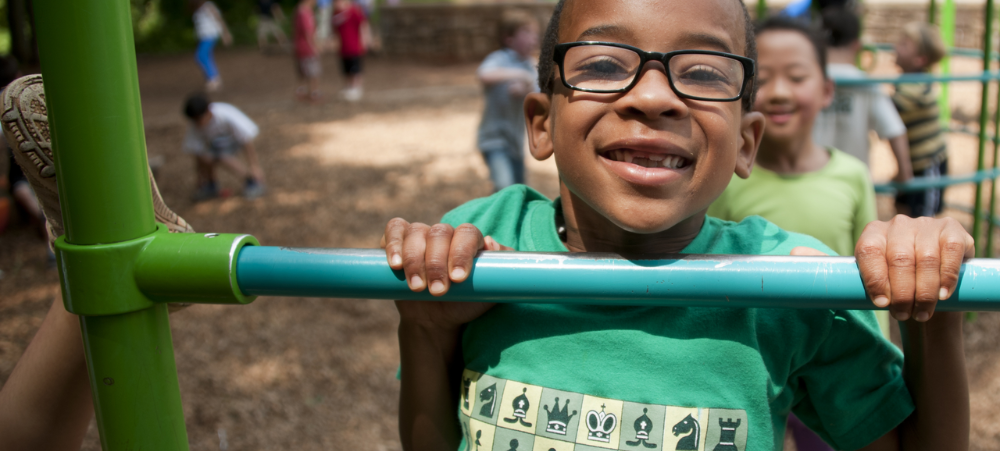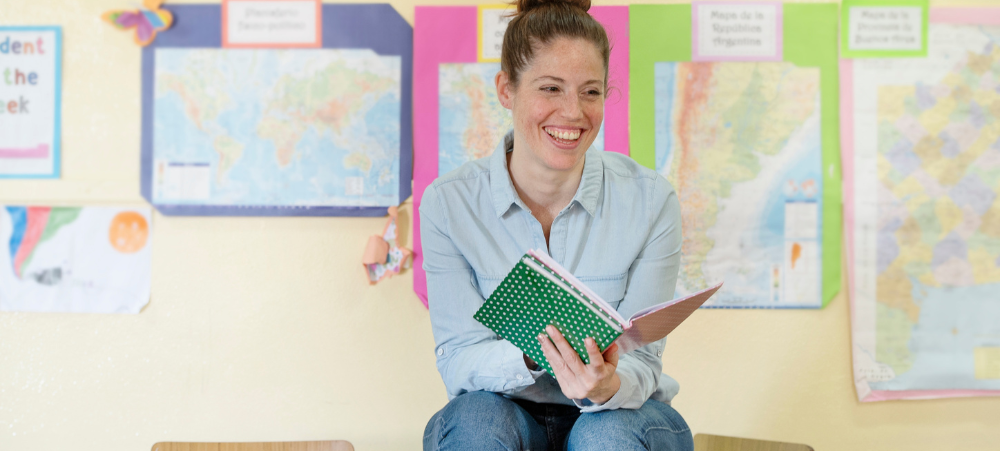According to Affinity Health, a leading provider of high-quality healthcare, it is important for parents to be aware of the common diseases and health ailments that can be transmitted in a school setting and to take necessary precautions to protect their children’s health.
“It is not uncommon for children to contract illnesses while at school. With close proximity to their peers, the sharing of germs is inevitable,” says Murray Hewlett, CEO of Affinity Health.
“Read on to find out the most common illnesses children contract in school and ways to keep your little ones happy and healthy.”
The Flu
One of the most common illnesses contracted at school is the flu. The flu is a viral infection that can cause symptoms such as fever, body aches, and fatigue. The flu is spread through respiratory droplets when an infected person talks, coughs, or sneezes.
To reduce the risk of contracting the flu, the Centers for Disease Control and Prevention recommends ensuring your child gets a flu vaccine and practices good hygiene, such as washing their hands frequently and covering their mouth and nose when coughing or sneezing.
The Common Cold
Another common illness contracted at school is the common cold. The common cold is a viral infection that affects the upper respiratory tract and is characterised by symptoms such as a runny nose, congestion, and sneezing. Like the flu, the common cold is spread through respiratory droplets.
To reduce the risk of contracting the common cold, it is important to practice good hygiene and avoid close contact with infected individuals.
Strep Throat
Other common illnesses that can be contracted at school include strep throat, which is a bacterial infection of the throat and is characterised by sore throat, fever, and swollen tonsils. Antibiotics are usually required to treat strep throat. Most children can return to school and play within a few days with proper medical care and plenty of rest and fluids.
To prevent strep throat, teach your children to cover their mouths with an elbow or tissue when they cough or sneeze and not to share drinking cups or eating utensils with their classmates.
Pink Eye
Pink eye, otherwise known as conjunctivitis, is an infection of the eye and is characterised by redness, itching, and discharge. Many of the bacteria and viruses that cause colds and other infections, such as ear infections, sinus infections, and sore throats, can cause infectious pinkeye (the kind that spreads to others).
Although generally not serious, if your child shows signs of pinkeye, it’s important to see a doctor. Some kinds of pinkeye go away on their own, but others need treatment.
A Word On Head Lice
While not an “illness”, head lice can be problematic and sometimes challenging to treat, resulting in days absent from school. Head lice are tiny insects that live on the scalp and cause itching and sores. They are transmitted through direct head-to-head contact or by sharing hats, brushes, or other personal items.
As such, it’s difficult to prevent the spread of head lice among children in childcare facilities and schools because there is so much close contact.
It’s important to note that having head lice isn’t a sign of poor personal hygiene or an unclean living environment. Head lice don’t carry bacterial or viral diseases.
If you suspect your child has head lice, or your child’s school has notified you that your child has lice, there are several over-the-counter shampoos (often used in conjunction with wide-tooth combs) available to kill lice and end the louse life cycle.
Conclusion
It is important for parents to keep their children home if they are experiencing any of the above conditions to prevent the spread to others. It is also important for parents to encourage their children to practice good hygiene.
“One of the best – and proven – ways of stopping the spread of childhood diseases is washing hands frequently,” adds Hewlett.
“Encourage your child to wash their hands for 20 seconds with soap and water when their hands appear dirty, before eating, and after blowing their nose, sneezing, or coughing.”
We understand that there are many aspects that encompass a Mother, Father or Child and strive toward providing resources and services that accommodates this.
Our content is aimed to inform and educate families on issues starting from pregnancy through to the challenges of the teen-age years.
- Say Hello to the Ultimate Holiday Brunch Bite - December 17, 2025
- Tiny Toons Looniversity Returns: Meet the Voice Behind Plucky and Hamton! - December 12, 2025
- From Pain to Possibility: Panado®’s New Marketing Campaign, Highlights The Joy Of Pain Relief - December 10, 2025





